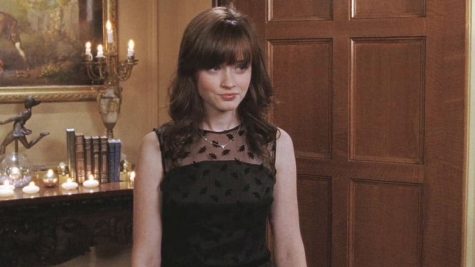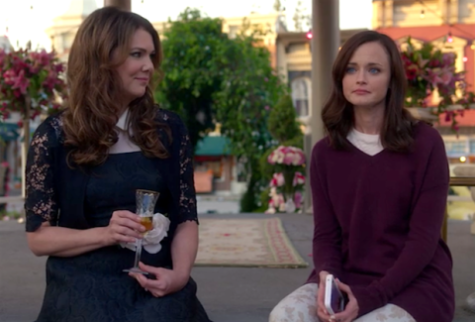Gilmore Girls: Rory Gilmore As The Most Hated Character
October 25, 2022

Lorelai Leigh Gilmore, ah. Rory, as most of us know her. Alexis Bledel’s doe-eyed, bookworm daughter who follows in the footsteps of Lauren Graham’s coffee-addicted, emotionally unavailable Lorelai Gilmore. For much of the seven-season run of Gilmore Girls (and Netflix spinoff Gilmore Girls: A Year in the Life), Rory is portrayed as the Gilmore clan’s “Great White Hope”—bright, endearing, and lovable. But I’m here to tell you that Rory Gilmore actually totally sucks, and I have evidence to support it.
Rory’s late-in-life crisis is oddly satisfying to watch. She was unprepared for life after college. Throughout the series, her adoring family and medicated townsfolk lauded her as an invincible angel, praising even her most insignificant accomplishments. She sailed through her adolescence, her expensive education, car, and rent all paid for, never having to flip burgers or fold clothes like the rest of us.

Rory is still complaining about her joblessness, lack of direction, and difficulty achieving financial independence a decade later. Sure, the job market in America is tough. The media industry is extremely competitive. Thousands of Ivy League grads are competing for the same job. But Rory’s problem is straightforward: she was raised to believe she was the best of the best, and she is too spoiled to see beyond her own self-indulgent world view. Her terrifying interview with Sandee Says, a fictitious startup website that profiles her, is a pivotal moment in the revival.

The determined, self-reliant youngster has ultimately been transformed into a needy adult looking for solace in the recently sold house owned by her late grandfather. Instead of concentrating on her own life, she is now typing away her mother’s story, and a surprise pregnancy has permanently bound her to an unavailable, married boyfriend. The framing is also incorrect. Girls also included a privileged writer who unexpectedly became pregnant; however, the few, quiet accomplishments were what truly mattered, and the show rarely shied away from any situation’s dangers. The framing of Rory’s ending, in contrast, begs the viewers to enjoy it, but the majority of them don’t.
